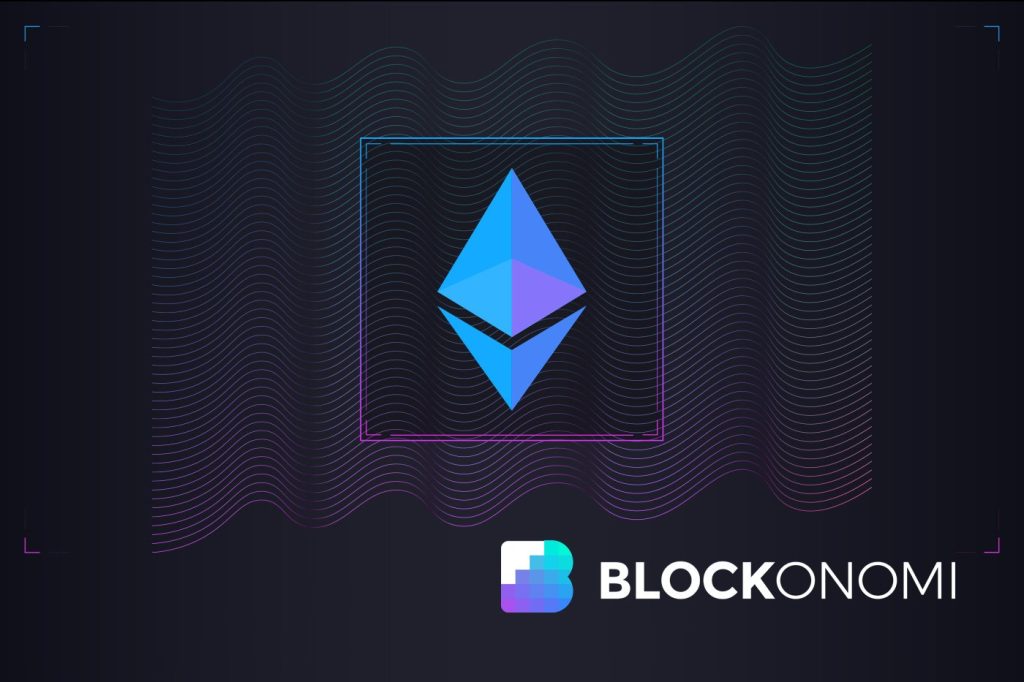Ethereum (ETH) Price Stabilizes at $2,500 as Institutions Favor Bitcoin ETFs

TLDR:
Ethereum’s price struggling to maintain $2,500 level with increasing bearish sentiment
ETH underperforming compared to Bitcoin and Solana, with ETHSOL ratio at all-time high
Institutional investors showing stronger preference for Bitcoin over Ethereum ETFs ($66B vs $7B AUM)
Layer-2 networks’ value extraction and competition from other Layer-1 chains raising concerns
Technical analysis suggests potential further decline toward $2,300 support level
Ethereum, the second-largest cryptocurrency by market capitalization, continues to face market pressure as its price hovers around the $2,500 mark. The digital asset has experienced a 5% decline over the past week, struggling to maintain support levels amid growing bearish sentiment.
Recent market data shows Ethereum trading at approximately $2,495 during the early European session on Friday, October 25, 2024. The cryptocurrency’s daily trading volume stands at $15 billion, indicating active market participation despite the downturn.
Technical indicators present a mixed outlook for Ethereum. The asset currently trades above a long-term horizontal support level at $2,450, an area that has served as both support and resistance since 2021. The price movement has formed what analysts describe as an ascending parallel channel since June 2022.
The institutional investment landscape reveals a stark contrast between Bitcoin and Ethereum adoption. Current market data indicates that US spot Bitcoin ETFs have accumulated approximately $66 billion in assets under management, while Ethereum ETFs maintain roughly $7 billion. This significant disparity suggests stronger institutional confidence in Bitcoin as an investment vehicle.
Layer-1 blockchain competition has intensified, particularly from networks like Solana. Recent network statistics show Solana processing approximately 4 million active addresses in 24 hours, while Ethereum recorded around 377,000. The Tron network also demonstrated strong activity with 2.2 million active addresses.
Ethereum’s total value locked (TVL) in decentralized finance (DeFi) remains substantial at $46.7 billion, representing more than half of the total $87 billion DeFi market. However, concerns about value extraction from Layer-2 solutions have emerged within the community.
Market sentiment on social media platforms has turned increasingly negative. Industry figures have raised questions about Ethereum’s relationship with Layer-2 networks, noting that only a small portion of their generated value returns to the main chain. This dynamic has prompted discussions about the network’s long-term value proposition.
The ETHBTC trading pair has declined to March 2016 levels, raising questions about Ethereum’s performance relative to Bitcoin. The higher volatility of ETH compared to BTC has become a point of discussion among traders and analysts.
Technical analysis reveals that Ethereum is forming a bearish engulfing candlestick pattern on the weekly timeframe. The Relative Strength Index (RSI) has fallen below 50, marking a significant shift from previous bullish cycles. However, the Moving Average Convergence/Divergence (MACD) shows some positive momentum.
On the daily timeframe, Ethereum trades within an ascending parallel channel, typically considered a corrective pattern. Recent price bounces have failed to reach the resistance trend line, suggesting weakening upward momentum.
Kraken’s announcement of a new Ethereum Layer-2 solution called Ink follows Uniswap’s similar move, raising questions about validator benefits from the growing off-chain ecosystem. These developments occur as the network grapples with questions about value capture and sustainability.
The immediate technical outlook suggests potential support at $2,300 if current levels fail to hold. Resistance remains strong at $2,800, a level that has repeatedly rejected upward movements in recent months.









